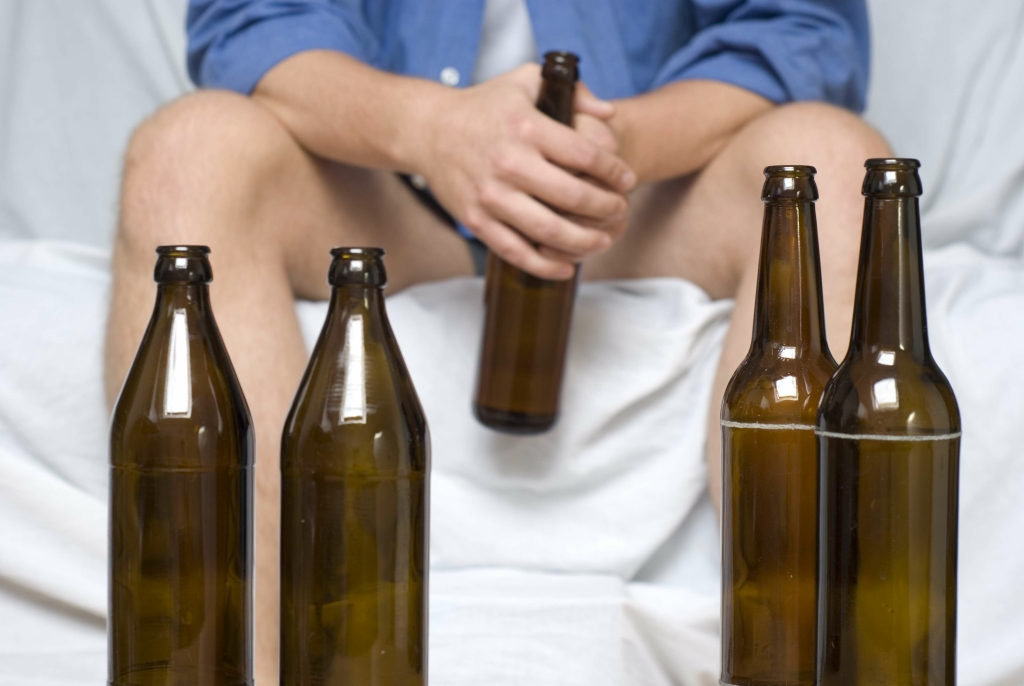Understanding Physical and Psychological Drug Dependence
These factors encompass a range of behavioural, genetic, psychological, and social elements that collectively contribute to the likelihood of alcohol use disorder. Long-term or binge drinking habits significantly elevate the risk, particularly when such patterns start at a young age, potentially setting the stage for chronic misuse. Physical dependence on alcohol is a serious condition that can contribute to the development of alcohol addiction and other medical issues, but help is available. If you or a loved one thinks they are experiencing physical alcohol dependence, do not hesitate to what is Oxford House contact a treatment provider to explore your treatment options.
Physical Addiction: Understanding the Symptoms, Causes, and Treatment Options

Medication-assisted treatment is another weapon in the arsenal against drug dependence. For some substances, like opioids, medications can help manage cravings and reduce the risk of relapse. It’s not a magic bullet, but it can be a valuable part of a comprehensive treatment plan. Addiction might lead to engaging in harmful behaviors, disregarding consequences, while physiological dependence may not involve such behavioral changes. Treatment professionals distinguish between substance use disorder and process addiction, identifying non-drug triggers like gambling or sex as forms of addiction 3. It is crucial to understand the distinction between physiological dependence and addiction.
- This reduces the high that the person feels compared to the high they felt when first taking the drug—an effect known as tolerance.
- With early intervention, professional help, and a strong support system, recovery is possible.
- In almost every area of medicine, the physician will come in contact with many patients whose ability to function is significantly impaired by their use of drugs, alcohol, or both.
- End-Stage – This final stage, known as the late stage or end-stage alcoholism, is described as total alcohol dependence, where you may experience uncontrollable alcohol consumption.
What is alcohol dependence?
Schematic illustration of how problem drinking can lead to the development of dependence, repeated withdrawal experiences, and enhanced vulnerability to relapse. Alcohol dependence is characterized by fundamental changes in the brain’s reward and stress systems that manifest as withdrawal symptoms when alcohol consumption is stopped or substantially reduced. These changes also are purported to fuel motivation physiological dependence on alcohol to reengage in excessive drinking behavior.

How to Prepare for Life After Rehab
Engaging with support groups can provide the encouragement and camaraderie needed to tackle physiological dependence. The path to recovery is not easy, but with these treatment options, there’s hope on the horizon. If you think you are experiencing physiological and psychological dependence or are unsure if you are, reach out to us today. Our team of compassionate and skilled professionals can answer any and all of your questions so that you can feel fully prepared as you learn about your treatment options. Patients can also book supplementary therapies even after their initial treatment programme.
Other warning signsEven if you don’t recognise the symptoms above, there are varying degrees of alcohol dependence. Excessive alcohol use and early alcohol withdrawal can both cause tremors, also known as “the shakes” or “alcohol shakes.” The shakes can affect any part of the body but are very common in the arms, hands, and fingers. Once you’ve been addicted to a drug, you’re at high risk of falling back into a pattern of addiction. If you do start using the drug, it’s likely you’ll lose control over its use again — even if you’ve had treatment and you haven’t used the drug for some time. The best way to prevent an addiction to a drug is not to take the drug at all.

Opium’s Effects on the Brain: Neurological Impact and Consequences
- The opioid crisis is so bad that the U.S. government declared a public health emergency.
- Future studies should focus on elucidating neural mechanisms underlying sensitization of symptoms that contribute to a negative emotional state resulting from repeated withdrawal experience.
- We’ve delved into the factors that contribute to dependence and the vicious cycle it creates.
- Understanding these distinctions allows for more effective treatment approaches.
Most drugs affect the brain’s “reward circuit,” causing euphoria as well as flooding it with the chemical messenger https://coolvisionstudio.com/what-does-alcohol-smell-like-from-pores-the-answer/ dopamine. A properly functioning reward system motivates a person to repeat behaviors needed to thrive, such as eating and spending time with loved ones. Surges of dopamine in the reward circuit cause the reinforcement of pleasurable but unhealthy behaviors like taking drugs, leading people to repeat the behavior again and again. Following detoxification, aftercare and support systems are essential for maintaining recovery and preventing relapse. This phase involves ongoing support and strategies to address both physiological and psychological aspects of dependence. Effective aftercare may include counseling, support groups, and continued medical supervision.
